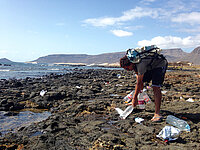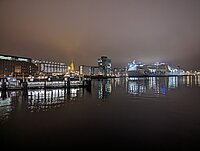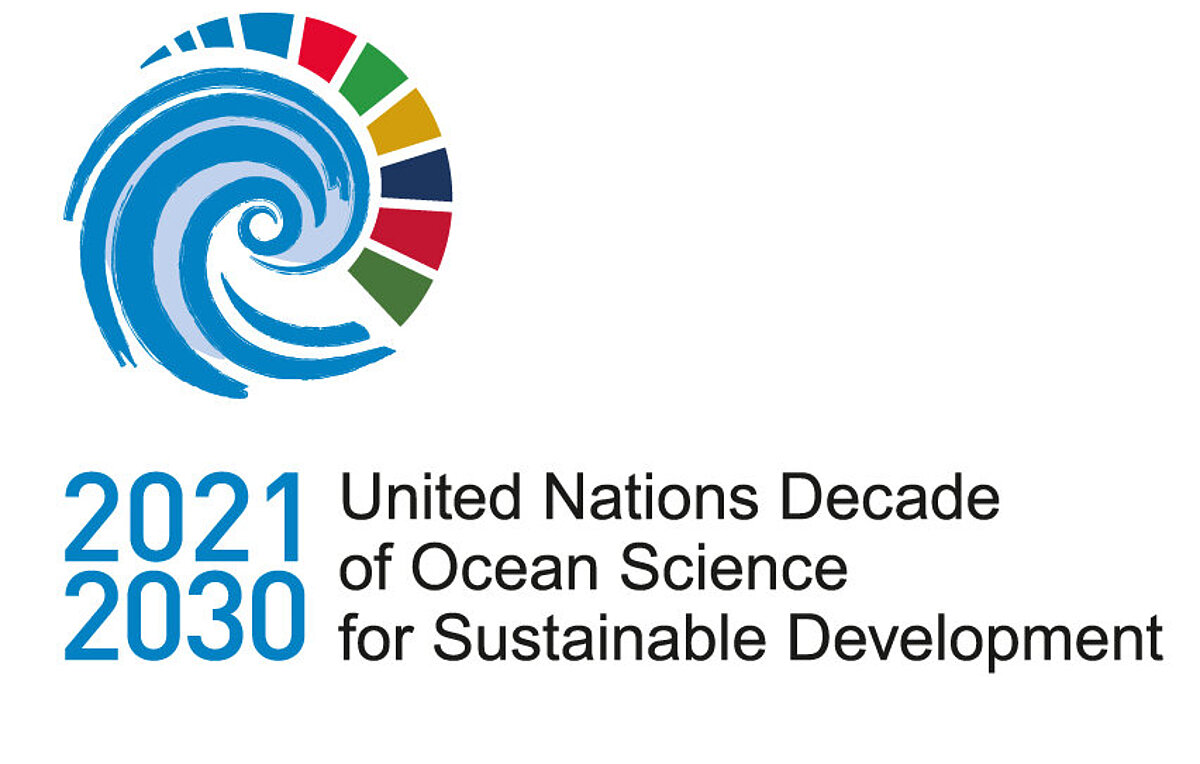About GAME
GAME (Global Approach by Modular Experiments) is an international research and education program for students of biology and environmental sciences. It was founded in 2002 at the then predecessor institute of GEOMAR and enables young scientists to investigate the effects of global change on coastal seas. At GAME this is done in a very comprehensive way: all questions are investigated comparatively across geographical and climatic boundaries. For this purpose, identical experiments are carried out each year - on a specific topic - at up to 10 locations worldwide. This modular approach, which is unique in marine research, leads to particularly meaningful research results. This is because the data obtained is not limited to a single ecosystem, but paints a general picture - from the tropics to the high latitudes. To make this possible, GAME cooperates with 38 marine research institutes in 28 countries on 6 continents. However, this network not only allows modular research, but also prepares students for scientific work abroad. For this purpose, GAME has developed a special team concept in which one German participant works closely with a foreign participant. GAME thus combines scientific training with an intensive cultural and social experience.
Up to 20 students are supervised each year, conducting the experiments in binational teams at up to 10 locations around the world. The preparation and follow-up of each project takes place together with all participants at GEOMAR in Kiel. In preparation, the approach to ecological questions is worked out and the analysis of data with biostatistical methods is deepened.
In the follow-up phase, all results are comparatively evaluated, interpreted and prepared for publication. Here, students train their ability to communicate science in the form of presentations and in scientific journals. The students benefit from the comprehensive supervision by German and foreign scientists during the entire project period and beyond. By participating in a GAME project, they are optimally qualified for a subsequent doctorate.
With this novel and successful concept, GAME offers a special form of practical relevance and thus prepares students for a career in science and research. At the same time, in addition to scientific know-how, goal-oriented work and the ability to work in a team are also promoted. In the education of young academics, too little importance is often attached to the last skill in particular. GAME places particular emphasis on this component and at the same time promotes intercultural understanding through worldwide exchange.
International experience and networking
GAME combines research and teaching in an innovative and very efficient way. The program is thus so far unique in its kind at German universities. Since 2002, more than 250 students have successfully participated in GAME.
GAME enables young scientists to write their final thesis at a high level in an international project network. The intensive supervision by German and foreign project leaders prepares the students for a scientific career with an international background. At the same time, they are integrated into a global network that can serve as a starting point for cooperation and the exchange of experience and knowledge again and again in their later careers. GAME currently cooperates with a total of 36 marine research institutes on six continents. From Australia to Finland, from Chile to Japan, this globally unique network of scientists combines a wide range of competencies and research opportunities
Research on the consequences of global change in coastal waters
GAME projects address the impacts of global change on coastal marine ecosystems.
The ocean hosts the greatest biodiversity, but is far less studied than terrestrial habitats. GAME focuses on the ecosystems of the shallow seas that line the continents. These systems are of paramount importance to humans: they hold essential food resources, provide sinks for carbon dioxide, serve as transportation routes, and protect coastlines. Already, more than 50 percent of the world's population lives near the sea, and this percentage is steadily increasing. As a result, the edges of the oceans are the most affected by global change, where global warming, sea level rise, species displacement and heavy human use all interact. This can have far-reaching consequences for the functioning of these ecosystems. GAME is addressing these consequences. For example, projects in the program have addressed questions of invasion ecology and examined how environmental changes, such as global warming or plastic waste pollution of the oceans, affect species, populations, and communities.


![[Translate to English:] Project preparations](/fileadmin/_processed_/7/f/csm__DSC4126_10bad4c367.jpg)
![[Translate to English:] Implementation](/fileadmin/_processed_/0/4/csm_7_6addd734e7.jpg)
![[Translate to English:] Analysis and interpretation](/fileadmin/_processed_/4/b/csm_PXL_20241121_081801021.MP_b7940a724b.jpg)
![[Translate to English:] GAME group of 2024](/fileadmin/_processed_/e/9/csm_Group_photo_October_neu_4866d24c0b.jpg)



